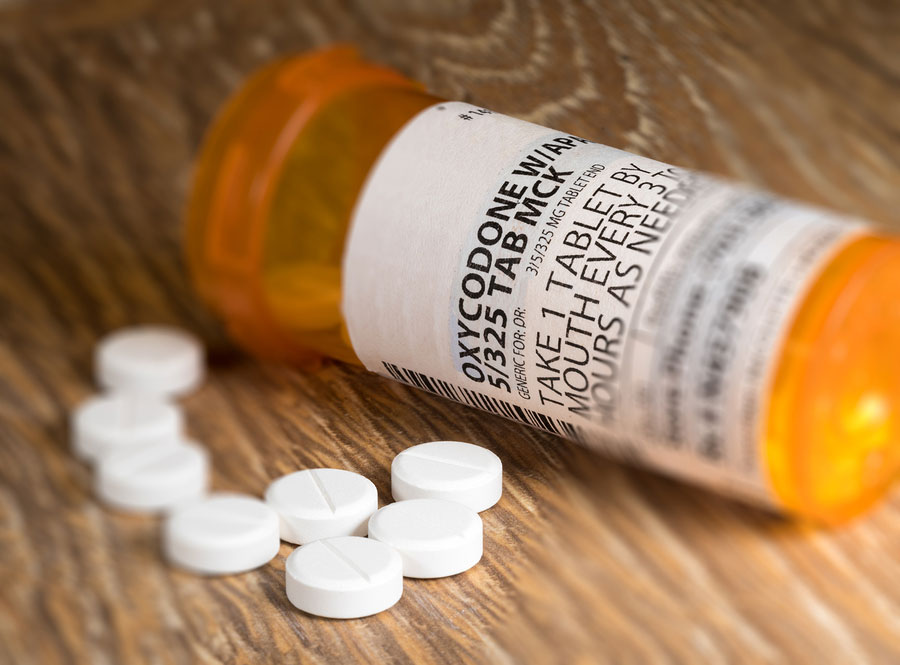The United States (US) has long been the leader of longevity among its citizens, but now has fallen behind most other high income countries to the opioid epidemic. In 2015, 52,000 people died from an overdose of opioids that are sweeping across the US. The Centers for Disease Control (CDC) has called it “unprecedented in scope.”
Although the average lifespan has increased in the United States since 2000, from 76.8 years to 78.8 years, that increase is less than it should be due to the tripling of accidental deaths from prescriptions and illicit opioid use. The number of deaths from drug overdoses has skyrocketed since the year 2000 from 17,000 in that year to the more than 52,000 unintentional opioid related deaths in 2015.
The CDC (http://www.cdc.gov) analyzed information from death certificates across each state to pinpoint the slowdown in life expectancy by more than three months due to drug overdoses. The number of deaths due to opioid drug overdoses is most likely higher since most death certificates do not record which drug lead to an overdose. The good news is that death rates for heart disease, cancer, strokes the flu, kidney disease and lung disease have dropped during the same time period.
Presidential Commission Issues Interim Report on the Opioid Crisis
President’s Trump’s bipartisan commission on the opioid crisis (http://www.whitehouse.gov ) issued a recommendation to the President to declare a national emergency to deal with the epidemic in late July. The commission also recommended that the President waive a federal rule that limits the number of Medicaid patients who have access to residential treatment programs. The commission called for expanding access to medications that help treat opioid addiction to allow a standing order for anyone to receive naloxone, and mandate prescriber education initiatives with the assistance of medical and dental schools to tighten access to prescription opioids. The commission recommended model legislation for states to use to enable these initiatives to move forward. The President’s declaration of a national emergency to this epidemic is a first step towards acknowledging the severity of the crisis and the urgent need for action at all levels of government and in the health care sector. The commission will issue a final report in the near future.
Source: CDC “Annual Surveillance Report of Drug-Related Risks and Outcomes,” 2017
Medtrust Transport provides emergent and non-emergent ambulance services in Charleston, Myrtle Beach, and Georgetown, South Carolina. We have trained EMT personnel and a fleet of fully-equipped ambulances. We aim to provide compassionate and timely patient care.

